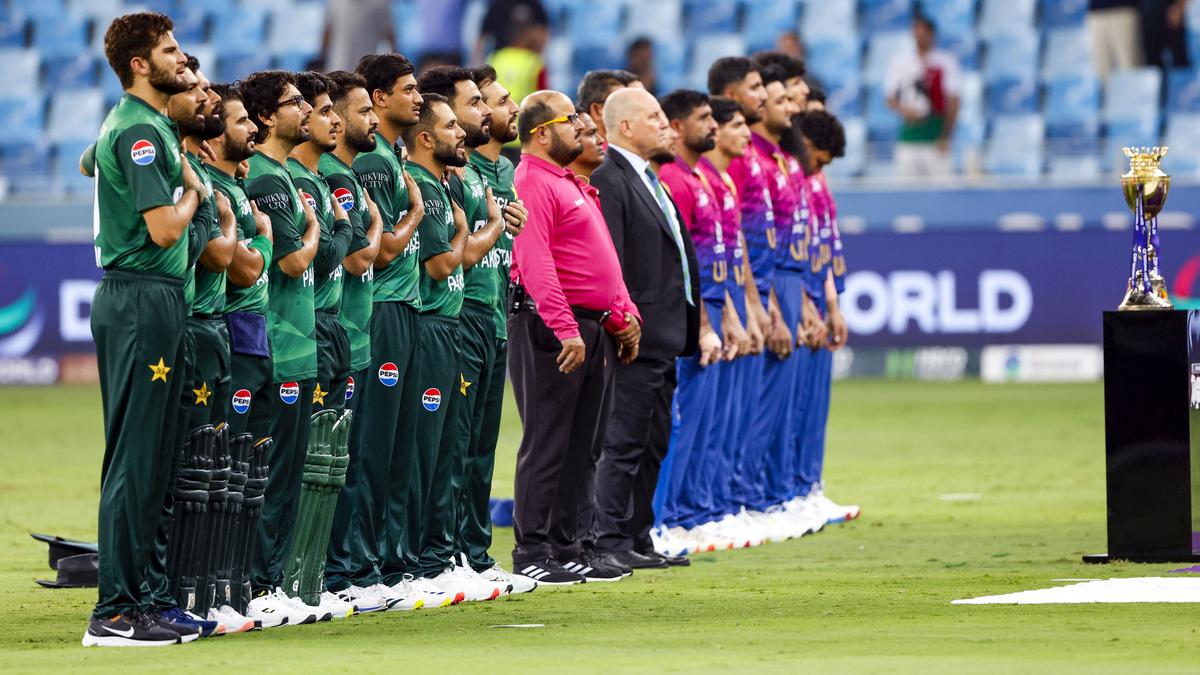When Pakistan stayed put in its team hotel until an hour before the scheduled start of the Asia Cup contest against the United Arab Emirates at the Dubai International Cricket Stadium on Wednesday, it seemed plausible that Salman Agha’s men would go ahead with their threat of pulling out of the tournament over its demand for match referee Andy Pycroft to be removed. Eventually, however, Pakistan’s players and support staff did make their way to the stadium despite the Zimbabwean staying on in his officiating role.
To justify the late decision to participate in proceedings, the Pakistan Cricket Board (PCB) later said in a statement on X that the 69-year-old had apologised for prohibiting captains Salman Agha and Suryakumar Yadav from shaking hands at the time of the toss in Sunday’s encounter against India.
Even though Pakistan’s initial demand of removing Pycroft from the remainder of the tournament was not met, the fact that it did not follow through on its pullout threat is a result of the serious financial ramifications it would have faced.
As per estimates, the PCB could have had to let go of revenue anywhere between $10 million and $15 million in case of withdrawal from the tournament. In November last year, Sony had won the media rights for the Asia Cup for the 2024-31 cycle for a base price of $170 million. With four men’s events likely to take place during this window, it amounts to roughly $42.5 million per tournament. With the five full-member nations entitled to 15% of the total revenue pool — also comprising sponsorships and ticketing among other aspects — each, it is safe to say Pakistan’s projected earnings for this year would have taken a massive hit.
Besides, the risk of financial sanctions from the Asian Cricket Council (ACC), owing to pressure from the broadcaster and other member boards, loomed large. These factors played a part in Pakistan turning up.


